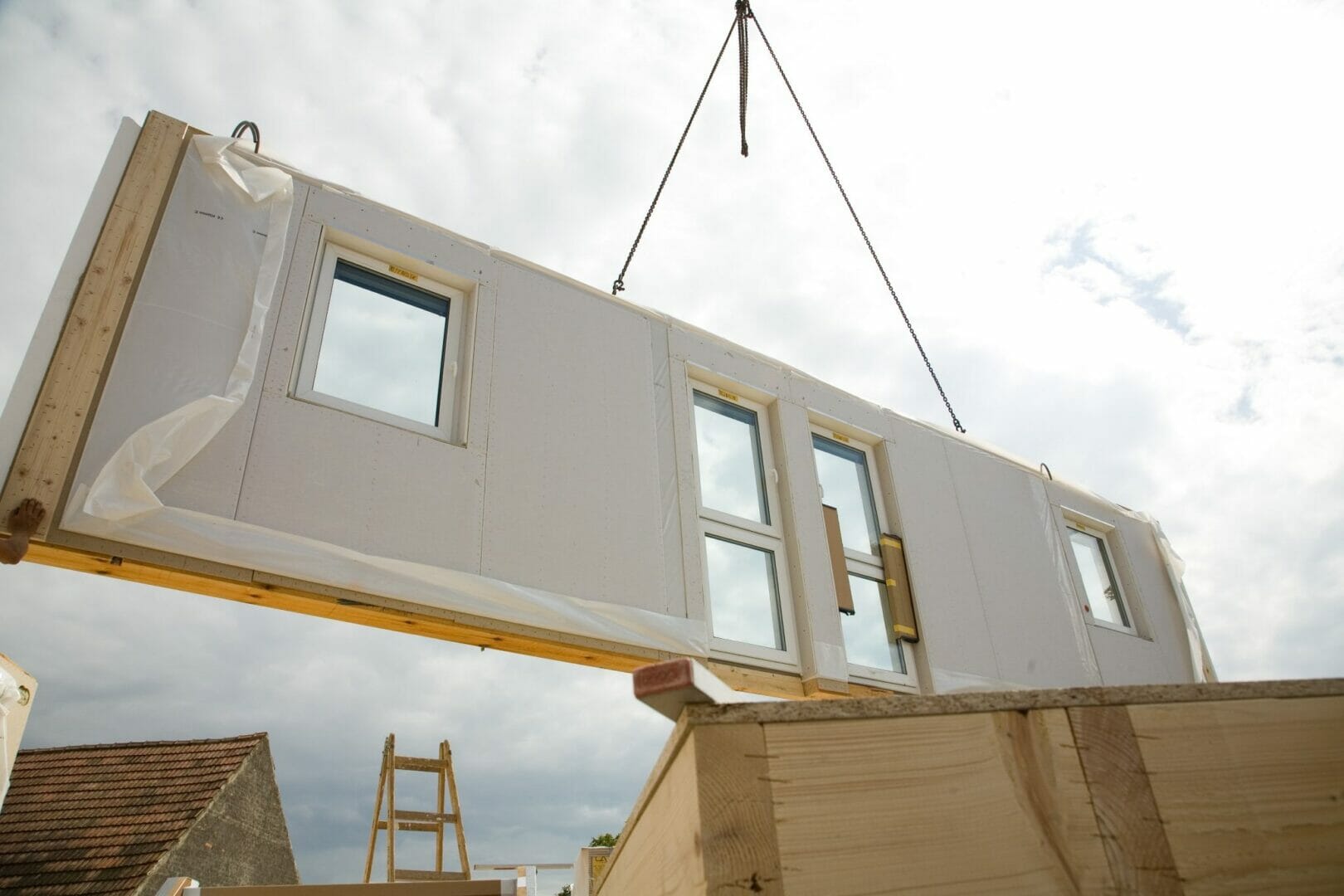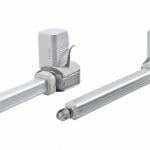Building prefabricated modules off-site can speed up the construction process by as much as 50 per cent and cut costs by up to 20 per cent, according to a 2019 report by McKinsey & Company. So, is now the time to embrace modular construction? Here Mark Degnan, territory manager at TFC, leading supplier of fasteners and supply chain solutions, explores how we can bring the efficiency of a production line to the construction site.
The unpredictable nature of construction means that automating a job site is extremely challenging. Construction companies are turning to a host of technologies, such as drones, remote-controlled excavators and connected site software, to try and work smarter rather than harder. But automation doesn’t have to be done on the job site itself — another solution is bringing the construction site into the factory setting, producing modules for housing, hospitals, office blocks and other buildings offsite.
By producing buildings as modules on the factory floor it can allow construction managers to run projects as highly efficient production lines. Offsite construction means you can maintain quality standards, operate within budget and hit deadlines. Ultimately, it may also address the UK’s housing shortage, cope with the construction skills gap and meet sustainability goals. Because of this, modular construction is growing in popularity across the UK. For example, in 2019, care provider Housing 21 worked with a construction firm to build modular homes at two retirement living courts in Shrewsbury and Brighouse. The project was delivered on time and on-budget in just 26 weeks.
Though achieving production line efficiency is possible with offsite construction, it is by no means guaranteed. When establishing a facility for offsite construction, managers can implement systems that help streamline the process and prevent the possibility of delays. One method we have seen success with is vendor managed inventory (VMI). This is where a partner company takes responsibility for supplying the necessary components and materials directly to the point of use.
Improving efficiency
Take fasteners for example, modular buildings can contain hundreds or even thousands of fasteners and fixings, and every nut, washer and bolt is essential to bring buildings together. Using VMI to manage fasteners and fixings is a beneficial way to ensure a consistent supply of these critical parts.
When implementing a VMI system, the partner and construction business can work together and use historic data to come up with a delivery schedule. As a result, the customer benefits from a streamlined supply of parts that delivers positive cash flow benefits and significantly increases stock visibility and control. This streamlined supply also reduces the stock “footprint”, releasing valuable workspace for profiting-generating activities. On the flip side, the customer can be assured that they will not face downtime as a result of understocking, removing the risk of project delays. A flexible VMI solution adapts to the client’s changing demands, scaling up or reducing volumes when necessary, which can reduce obsolesce and overstocking.
Confidence in quality
Building modules, brackets, subframe systems and other components must be joined together with fasteners of sufficient quality, so that they can last the test of time. Naturally, quality is a top priority in construction projects, and rigorous quality processes are an important, but time-consuming, operation.
If the VMI partner is verifying components in its own laboratory, it can save time and money in the construction facility, without any compromise on quality. Partnering with a professional VMI provider, a customer can be confident that its fasteners are to specification, in measurements, finishing and materials. When choosing a VMI supplier, it can help to check the company’s quality credentials, as well as enquire about what skills and equipment it has in house, how it reports on quality and what standards and certifications it can work to.
Reducing the soft costs
As well as the direct cash flow and efficiency benefits, VMI can reduce the indirect costs associated with a modular construction project. One attractive benefit is vendor consolidation; instead of dealing with ten invoices, ten purchase orders and ten suppliers, VMI means dealing with just one. This frees up time and capacity that can be spent working on areas that will boost key performance indicators (KPIs). Reduced handling and administration can improve cash to cash cycles by streamlining the flow of parts and ensuring on-time production. You can also benefit from the supply chain visibility and accountability that comes from working with a single VMI partner.
The possibility to speed up the production process by 50 per cent and reduce costs by 20 per cent, makes offsite construction an attractive proposition. It is clear that if we move the construction site onto the production line, businesses can achieve significant efficiency benefits, which can be multiplied further with effective supply chain management solutions, such as vendor managed inventory.
For more information on VMI services, visit the TFC website or call 01435 866011 to speak to a supply chain specialist https://www.tfc.eu.com/products-services/vendor-managed-inventory-services/.





